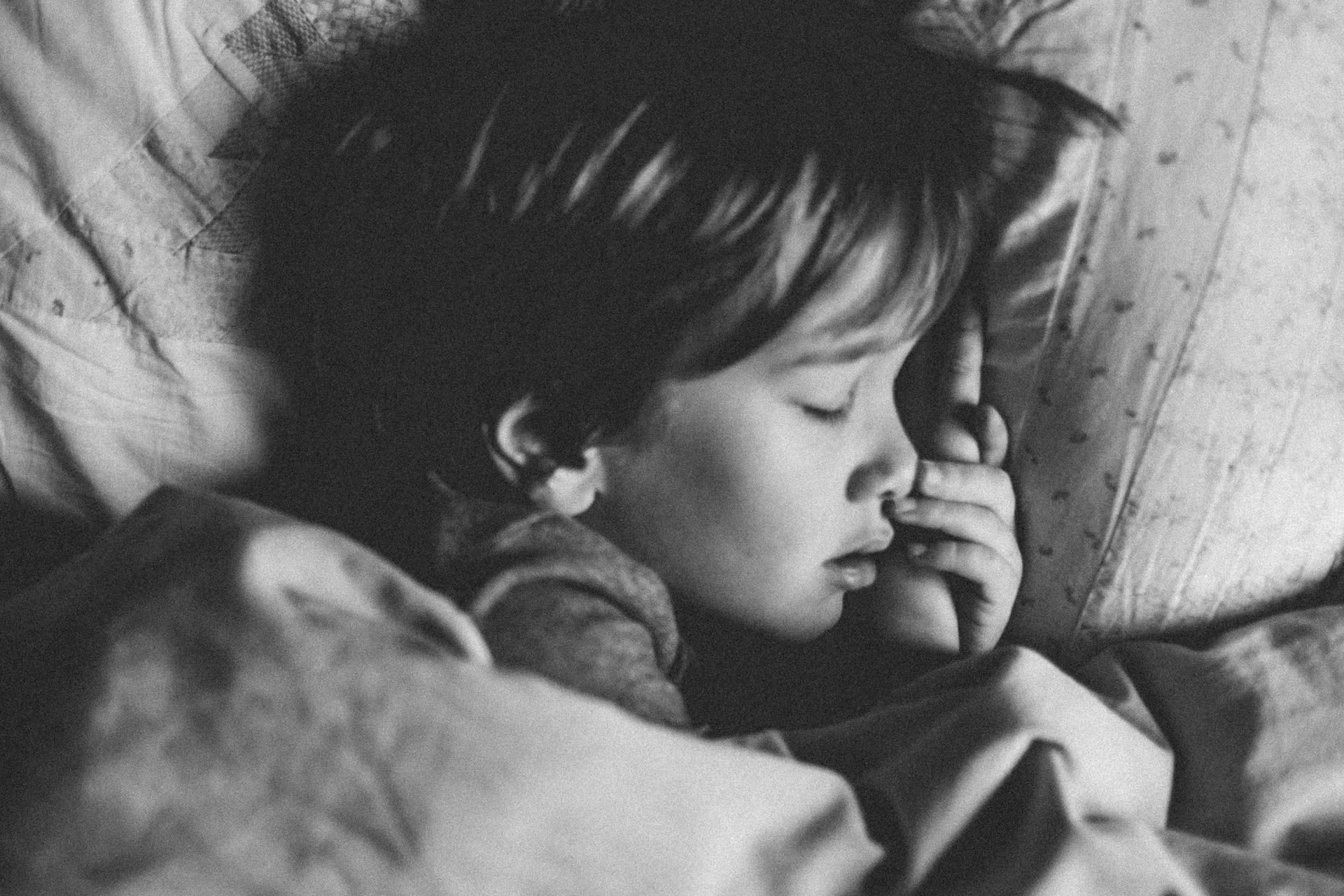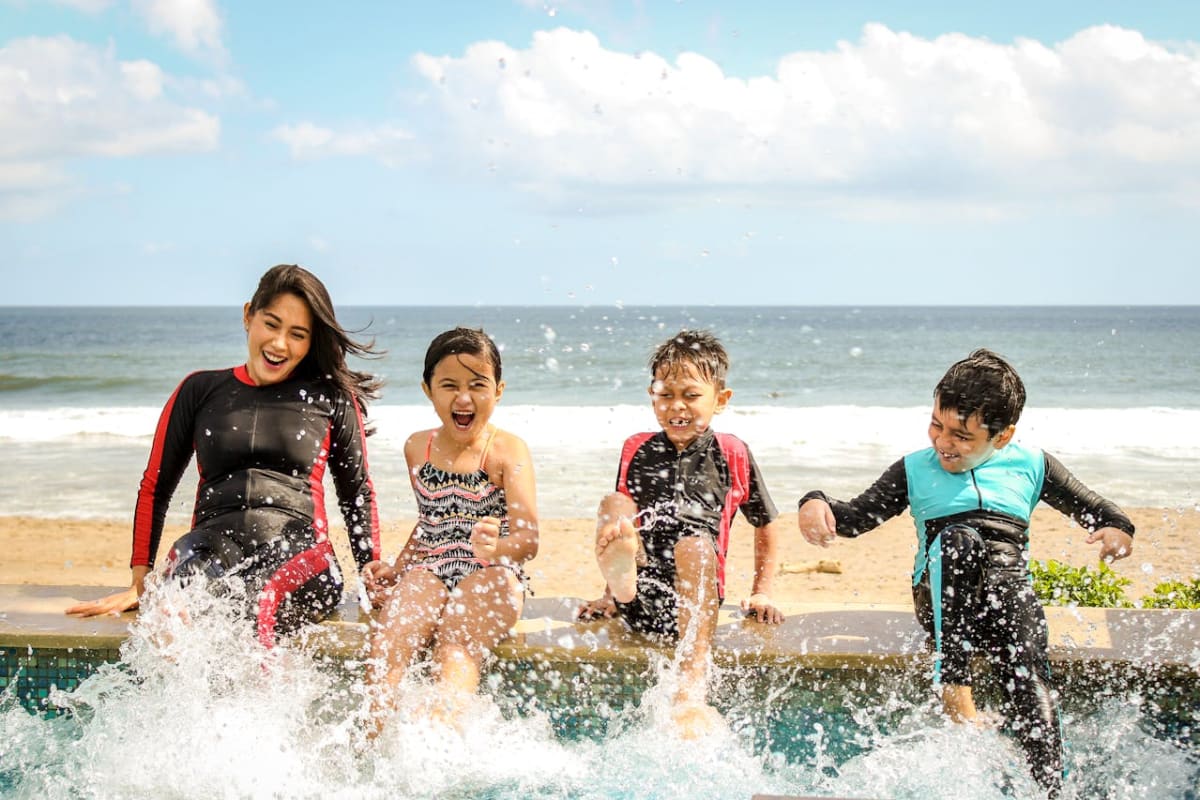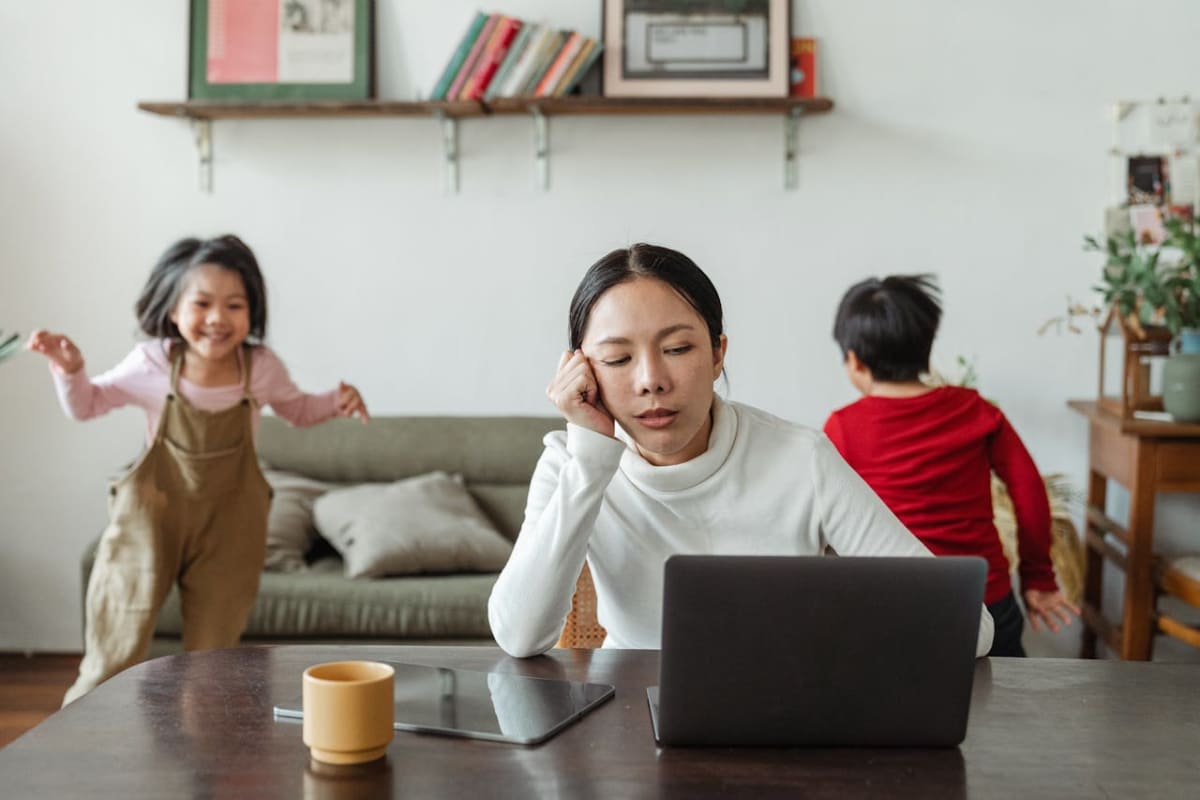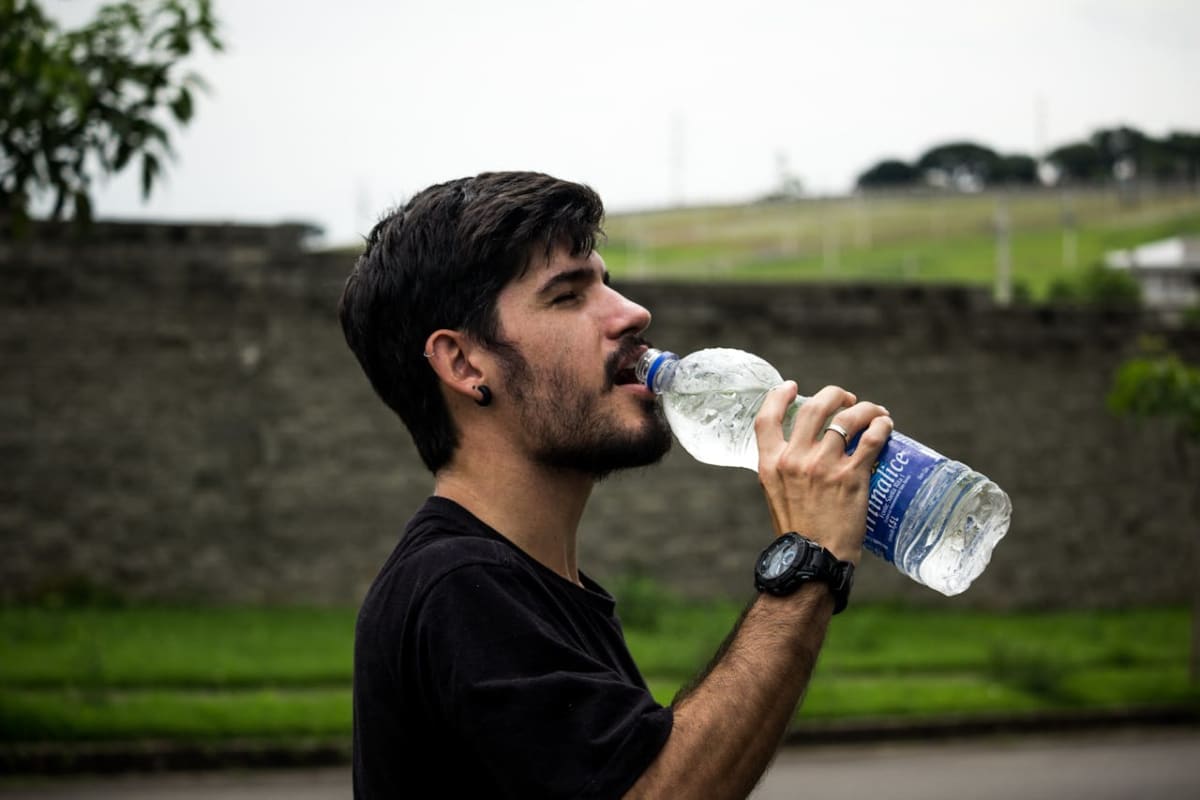Haze is a common air quality issue that can cause a range of health problems, particularly for young children. In this blog post, we'll explore the dangers of haze, the specific risks it poses to children, and effective ways to protect your little ones from its harmful effects.

What is Haze and Why is it Dangerous?
Haze is a form of air pollution caused by the accumulation of fine particles in the atmosphere. These particles can come from various sources, including vehicle emissions, industrial activities, and forest fires. Haze can lead to numerous health issues, such as respiratory problems, eye irritation, and even long-term lung damage.
Children are particularly vulnerable to the effects of haze, as their immune systems are still developing and their respiratory systems are more sensitive. Exposure to haze can increase a child's risk of developing respiratory infections, trigger asthma attacks, and cause other health complications.

Is it Safe to Exercise Outdoors During Haze?
When haze levels are high, exercising outdoors can be harmful to your health. The fine particles present in the air can be inhaled more deeply into your lungs during physical activity, leading to respiratory issues, irritation, and even long-term lung damage.
Additionally, exercising during haze can exacerbate pre-existing conditions such as asthma or allergies.
Monitoring Air Quality Index (AQI)
The Air Quality Index (AQI) is a useful tool for understanding the level of air pollution in your area. Monitoring the AQI regularly could help you make informed decisions about when to take extra precautions to protect your children from the harmful effects of haze.
You can check the AQI levels in your area through websites such as National Environment Agency, AirNow and World Air Quality Index.
4 Effective Ways to Protect Children from Haze
Here are some practical steps you can take to protect your children from the harmful effects of haze:
-
Stay indoors: When the AQI is high, it's best to keep your children indoors as much as possible. Plan indoor activities and avoid outdoor playtime during periods of haze.
-
Use air purifiers: Invest in a good-quality air purifier with a HEPA filter to help remove fine particles from the air in your home. This will ensure that your children are breathing clean, fresh air at all times.
-
Drink lots of water: Drinking plenty of water is important for everyone, especially children who are affected by the heat and humidity caused by hazy conditions.
-
Wear masks outdoor: If your children need to go outside during periods of haze, ensure they wear a mask that is designed to filter out fine particles, such as N95 or KN95 masks. This will help protect their lungs from inhaling harmful particles.
3 Tips for Maintaining Good Indoor Air Quality
To further protect your children from the effects of haze, it's important to maintain good indoor air quality. Here are some tips:
-
Keep windows closed: Close windows and doors to prevent outdoor air pollution from entering your home. Turn on the air conditioner or fan when it's hot outside. Use the air conditioner only when necessary to prevent excessive moisture build-up indoors
-
Avoid smoking indoors: If you or anyone in your household smokes, ensure it's done outside to prevent indoor air pollution.
-
Clean regularly: Regularly clean your home to remove dust and other pollutants that can accumulate over time.
Additional Resources
For more information on haze and how to protect your children, you can visit the following resources:
Conclusion
It's essential for parents to be proactive in protecting their children from the dangers of haze. By monitoring the AQI, taking effective precautions, and maintaining good indoor air quality, you can help ensure the safety and health of your little ones during periods of haze.
If your children isn't feeling well, make sure you bring them to visit a paediatrician.



